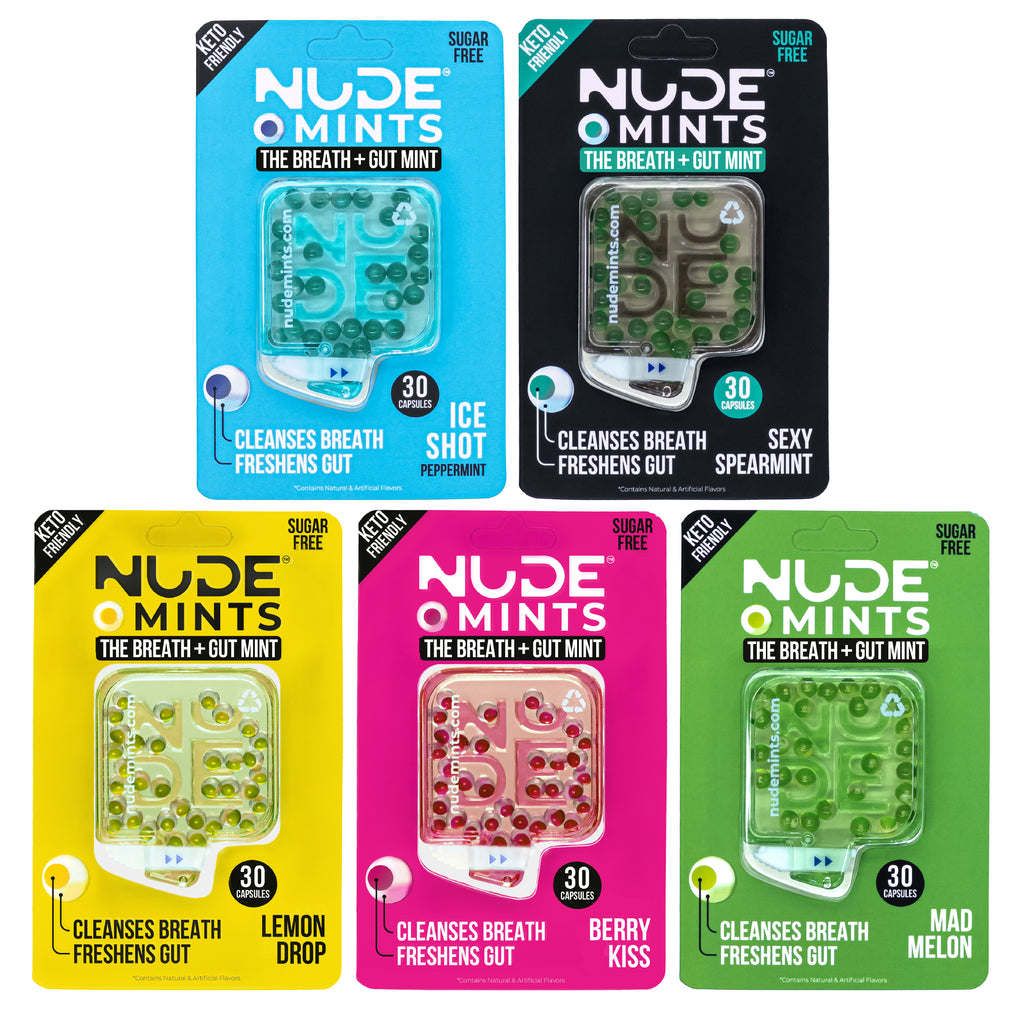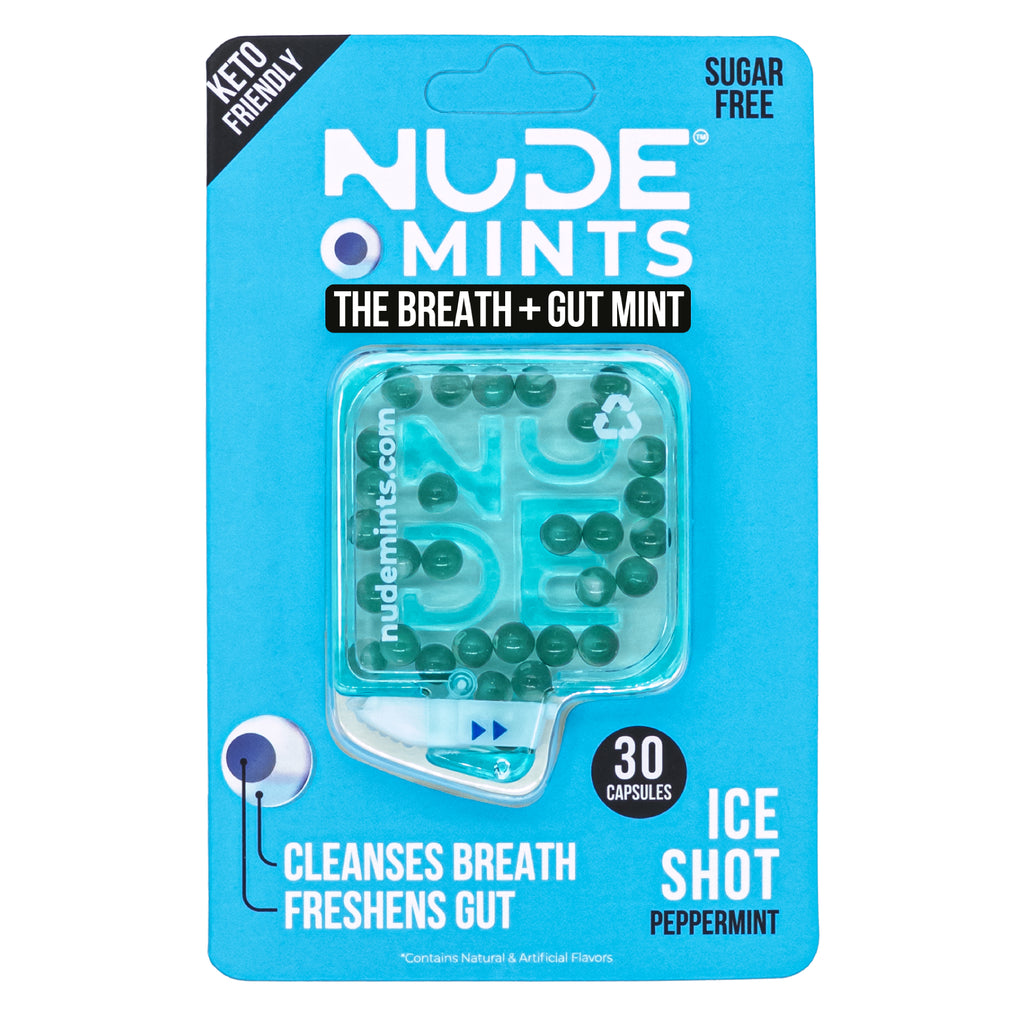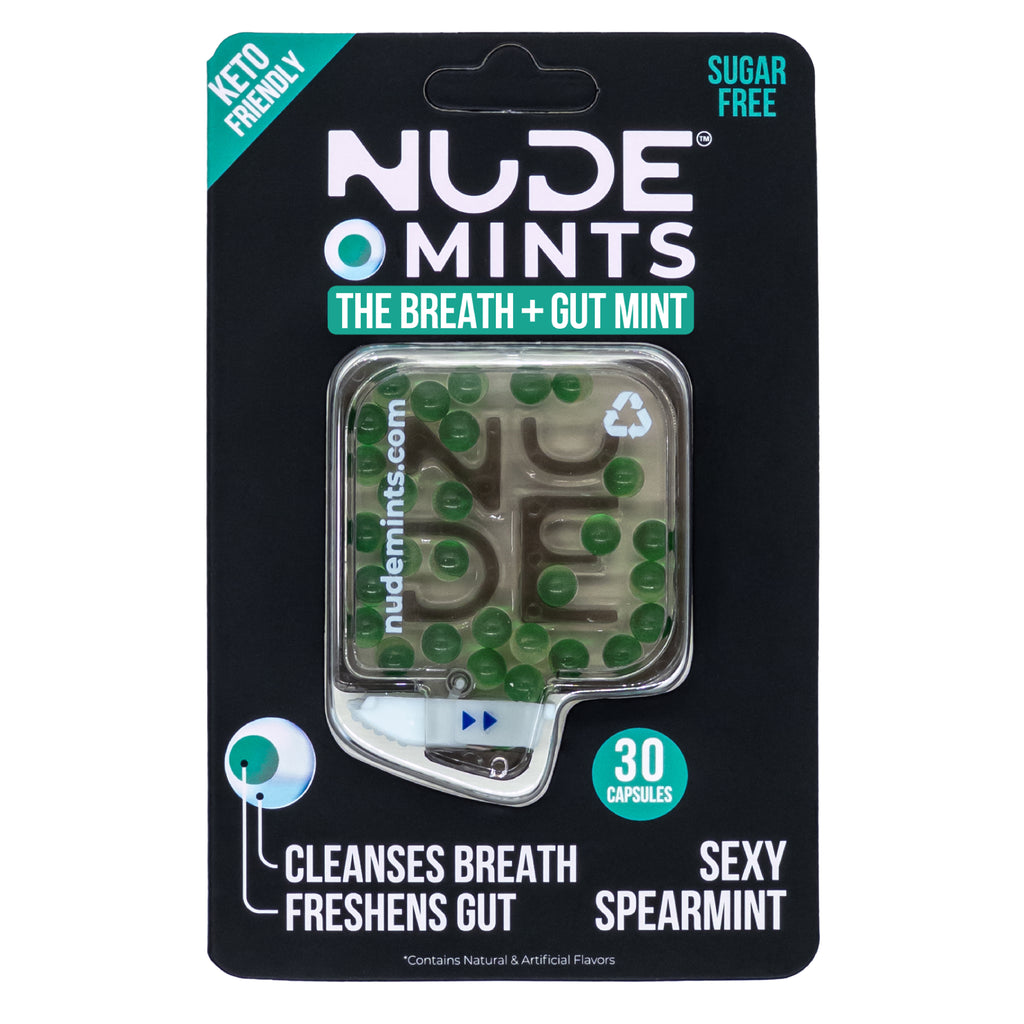Top 10 Causes of Bad Breath: Understanding the Root of the Problem
-
If you have ever experienced bad breath, you know how unpleasant it can be. Bad breath, also known as halitosis, can be caused by a variety of factors, including poor oral hygiene, underlying health conditions, and lifestyle habits. In this article, we will explore the top 10 causes of bad breath and how to address them.
Bad breath can be embarrassing and may even affect your social life. In some cases, it can also be a sign of an underlying health condition. It is essential to understand the root cause of bad breath to address it properly. In this article, we will discuss the top 10 causes of bad breath and how to prevent it.
Table of Contents
- Poor Oral Hygiene
- Dental Problems
- Dry Mouth
- Sinus and Respiratory Infections
- Gastrointestinal Issues
- Medications
- Tobacco Use
- Diet
- Dehydration
- Conclusion
- FAQs
Poor Oral Hygiene
The most common cause of bad breath is poor oral hygiene. When food particles and bacteria are left in the mouth, they can produce unpleasant odors. Brushing and flossing regularly, and cleaning the tongue, can help reduce the buildup of bacteria and prevent bad breath.
Dental Problems
Dental problems such as cavities, gum disease, and infections can also cause bad breath. If you notice persistent bad breath along with tooth pain or bleeding gums, it is essential to see a dentist for a checkup and proper treatment.
Dry Mouth
Dry mouth, or xerostomia, occurs when there is a decrease in saliva production. Saliva helps to clean the mouth and neutralize odors. Certain medications, medical conditions, and lifestyle habits can cause dry mouth. Drinking plenty of water, chewing sugar-free gum, and using a mouth rinse can help alleviate dry mouth and prevent bad breath.

Sinus and Respiratory Infections
Sinus and respiratory infections can cause bad breath due to the buildup of mucus and bacteria in the throat and nose. Treating the underlying infection can help alleviate bad breath.
Gastrointestinal Issues
Gastrointestinal issues such as acid reflux, GERD, and stomach ulcers can cause bad breath. The stomach acids can flow back into the esophagus and cause an unpleasant odor. Managing these conditions through medication and dietary changes can help reduce bad breath.
Medications
Certain medications such as antihistamines, diuretics, and antidepressants can cause dry mouth and lead to bad breath. If you notice persistent bad breath after starting a new medication, it is essential to speak with your doctor.
Tobacco Use
Tobacco use can cause bad breath, stain teeth, and increase the risk of gum disease and oral cancer. Quitting tobacco use can improve oral health and prevent bad breath.
Diet
Certain foods and drinks such as onions, garlic, coffee, and alcohol can cause bad breath. The odors from these foods can stay in the mouth and cause unpleasant breath. Reducing or eliminating these foods from the diet can help reduce bad breath.
Dehydration
Dehydration can cause dry mouth and increase the risk of bad breath. Drinking plenty of water and staying hydrated can help prevent bad breath.
Conclusion
Bad breath can be caused by a variety of factors, including poor oral hygiene, dental problems, dry mouth, sinus and respiratory infections, gastrointestinal issues, medications, tobacco use, diet, and dehydration. Addressing the underlying cause of bad breath is important to prevent it from becoming a persistent issue. Maintaining good oral hygiene, staying hydrated, avoiding tobacco use and certain foods, and managing medical conditions can all help prevent bad breath. Additionally, using products like Nude Mints, which are designed to freshen breath and promote oral health, can be a helpful addition to your oral hygiene routine.
If you're looking for a natural and effective way to freshen your breath, try Nude Mints! They are the perfect addition to your daily routine. Click here to try them now and enjoy long-lasting fresh breath!
FAQs
Q: What is the most common cause of bad breath?
Poor oral hygiene is the most common cause of bad breath.
Q: Can dental problems cause bad breath?
Yes, dental problems such as cavities and gum disease can cause bad breath.
Q: Can certain medications cause bad breath?
Yes, certain medications such as antihistamines and antidepressants can cause dry mouth and lead to bad breath.
Q: Can dehydration cause bad breath?
Yes, dehydration can cause dry mouth and increase the risk of bad breath.
Q: How can I prevent bad breath?
Maintaining good oral hygiene, staying hydrated, avoiding tobacco use and certain foods, and managing medical conditions can all help prevent bad breath.
Get the freshest news on your favorite mouth cleanser and gut freshener!
Read More
-
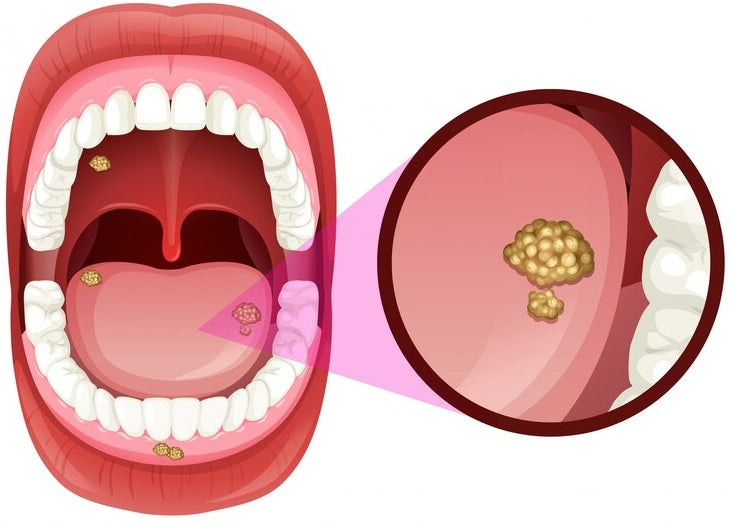
Halitosis: Understanding the Causes, Diagnosis, and Treatment for Fresh Breath
Halitosis, commonly known as bad breath, is a condition that affects a large number of people worldwide. It can be an embarrassing and isolating experience, but it is important to know that it is a common problem and that there are effective treatments available. In this article, we will discuss the causes, diagnosis, and treatment of halitosis. Causes of Halitosis Halitosis can have several causes, both internal and external. The most common causes include poor oral hygiene, dry mouth, certain foods and drinks, smoking, and certain medical conditions. Poor Oral Hygiene Poor oral hygiene is the most common cause of halitosis. When food particles and bacteria build up in the mouth, they can cause an unpleasant odor. Brushing and flossing...
-
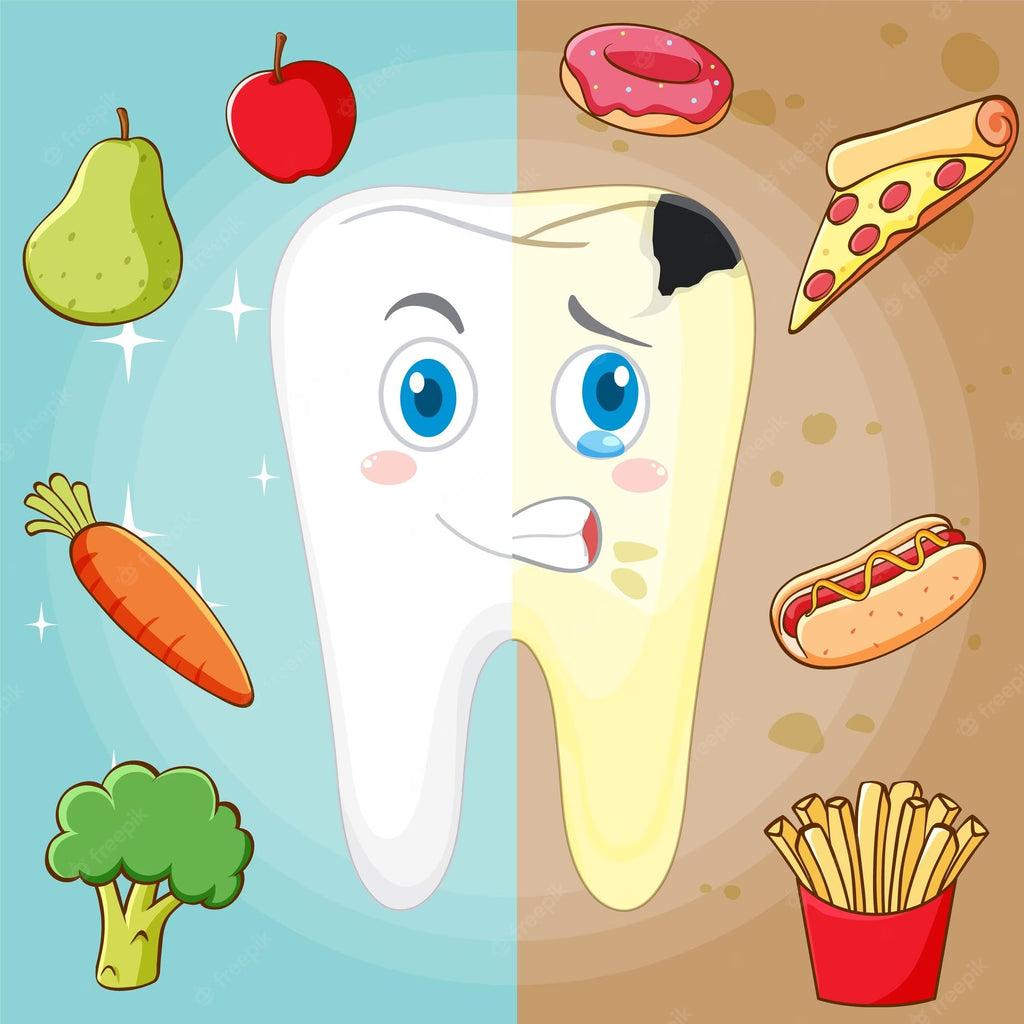
Crucial Connection Between Nutrition and Oral Health: Guide for Better Dental Care
As a dental health professional, we understand the importance of maintaining good oral hygiene to prevent cavities and gum disease. Brushing twice a day and flossing daily are essential habits, but did you know that nutrition also plays a crucial role in keeping your mouth healthy? In this article, we will explore the connection between nutrition and oral health and how you can make better food choices to support your dental health. How Nutrition Affects Oral Health Your diet can impact your oral health in many ways. A diet high in sugary and acidic foods can increase the risk of tooth decay and gum disease. When you eat sugary foods, the bacteria in your mouth feed on the sugar and...
-
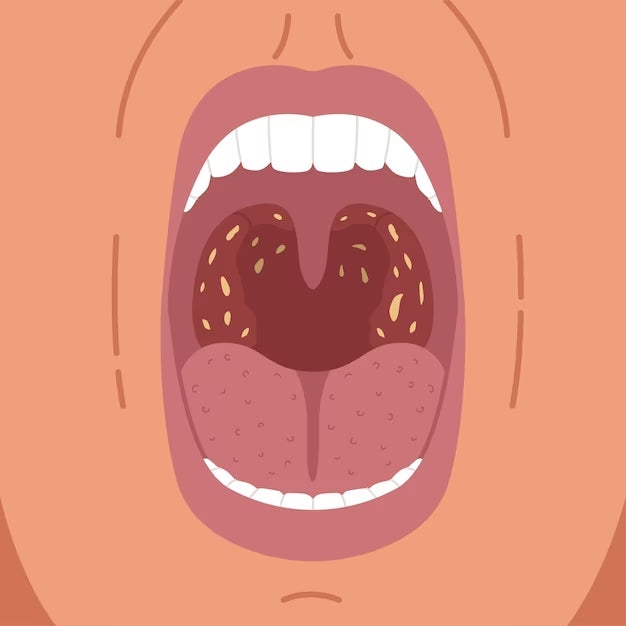
How to Treat Bad Breath Caused by Dry Mouth
Do you ever feel self-conscious about your breath? Do people avoid talking to you because of bad breath? Dry mouth, also known as xerostomia, can cause bad breath and make social interactions uncomfortable. In this article, we will discuss what causes dry mouth, how it leads to bad breath, and what you can do to treat it. Table of Contents What is dry mouth? Causes of dry mouth How dry mouth causes bad breath Signs and symptoms of dry mouth Diagnosis of dry mouth Treating dry mouth Home remedies for dry mouth Professional treatments for dry mouth Tips for maintaining oral hygiene Foods and drinks to avoid with dry mouth Conclusion FAQs What is dry mouth? Dry mouth occurs when...
-
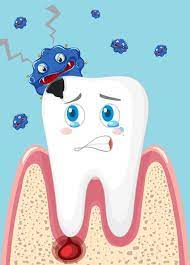
The Relationship Between Diabetes and Gum Disease: Understanding the Link
Diabetes and gum disease are two conditions that may seem unrelated, but research has shown that they are actually closely linked. In fact, individuals with diabetes are more likely to develop gum disease, and those with gum disease are more likely to have difficulty controlling their blood sugar levels. This article will explore the connection between diabetes and gum disease, and provide insights on how you can reduce your risk of developing both. The Relationship Between Diabetes and Gum Disease Diabetes is a condition that affects the body's ability to produce or respond to insulin, a hormone that regulates blood sugar levels. When blood sugar levels are consistently high, it can lead to a range of health complications, including nerve...
